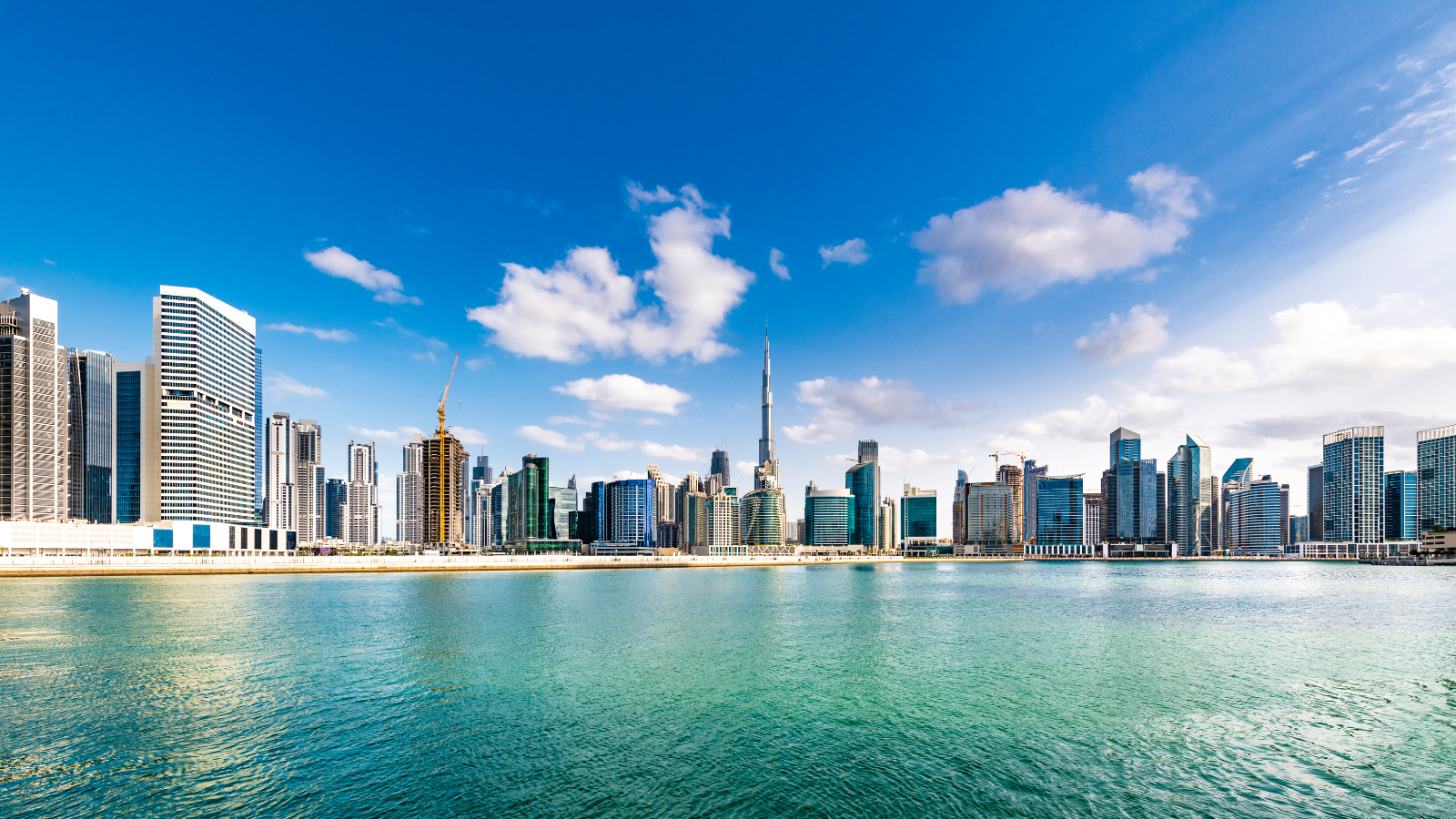- People
- Expertise
Our expertise
We are a team of more than 500 professionals, with the depth of experience which makes us genuine experts in our fields. Together, gunnercooke’s people have strength across just about every corporate discipline and sector. We provide legal, commercial and strategic advice that delivers real value to the clients we work with, which span from multinational enterprises through to unicorns and non-for-profit organisations. Our breadth of expertise covers some of the most interesting and important emerging disciplines, from ESG and charity law, to blockchain and competition.
Search by practice areaDispute ResolutionDispute Resolution OverviewMeet the Dispute Resolution TeamIntellectual Property DisputesFinancial Services & FinTech OverviewProceeds of CrimeEmployment TribunalTax InvestigationProperty Dispute ResolutionInsolvency DisputesMediationCivil Fraud & Asset TracingHealth & SafetyBusiness Crime & InvestigationsLitigation & ArbitrationInternational Arbitration - International
International Offices
The gunnercooke group has 15 main global offices across England, Scotland, the US, Germany and Austria, with further plans for growth in the coming years. These offices enhance the existing in-house capability of our dedicated international teams and dual-qualified experts that cover Spain, France, Italy, Portugal, Brazil, China, India, Poland and Hungary. Our team have clients across 123 jurisdictions, speak 46 languages and are dual-qualified in 21 jurisdictions. Our expertise means we can offer large teams to carry out complex cross-border matters for major international clients.
- Our story
Our story
gunnercooke is the fastest growing corporate law firm in the UK, now making its mark globally. We comprise a rapidly growing number of experts spanning legal and other disciplines. Clients benefit from flexible options on fees to suit their needs, access to a wider network of senior experts throughout the relationship, and legal advice which is complemented by an understanding of the commercial aspects of running a business.
- Reading Room
- News & Insights

Competition, ESG Litigation and the board of directors
The importance of board minutes should never be underestimated, particularly when it comes to their role around ESG matters.
If it is not already a standing part of the agenda of any board of directors meeting then it should be, given the rising interest from stakeholders around organisations’ action and their strategic approach around people and the planet. Directors have awoken to ESG issues and are approaching them with a different perspective at the board level. They are a key topic for any business leader. Stakeholders are holding organisations accountable for their profits, which is entwined with issues around sustainability. This goes beyond the compliance and risk mitigation talks. Directors need to understand that the board minutes are a reflection of what has been discussed and what has been agreed. If you personally as a director (including NED) do not agree with a course of action, and you still feel somewhat comfortable to remain as a director, your dissenting view ought to be documented in the board minutes. This is not just due to needing an accurate record of your views at any given moment but is also important for later in case of an event of ESG litigation.
There is of course the additional issue of lack of skills and knowledge around ESG and if the board of directors have identified this, then they have a responsibility within a short space of time to fix the gap. It is not enough to identify and document in the minutes that this is what is required and then a full review of ESG matters will be done once those skills and knowledge are fulfilled.
Another reason for making ESG a standard part of reporting in the minutes is that they can be used in ligation later down the road. There has been growing activity amongst corporates taking out injunctions against other competitors for making false accusations/claims such as their competitors are greenwashing. Recently in Italy there was consideration as to whether “green claims” constituted an act of unfair competition under Article 2598, §3 of the Italian Civil Code in the form of misleading advertising as defined in the Unfair Commercial Practice Directive no. 2005/29/CE (implemented in Italy by Legislative Decree no. 145/2007), alleging that the claims were vague, false, non-verified or non-verifiable.
On this basis, the party in the legal case known as Alcantara requested an interim injunction preventing its competitor from continuing to make such environmental claims.
The “green claims” made by the other party Miko included statements such as “made of recycled polyester,” “environmentally friendly,” “natural choice,” “eco-friendly microfiber,” “the first and only microfiber that guarantees environmental sustainability throughout the productive cycle,” “the first sustainable and recyclable microfiber,” “100% recyclable,” “100% recyclable at the end of its lifecycle,” “reduction of energy consumption and GHG emissions by 80%,” “reduction of carbon footprint through polyester recycling,” “absence of harmful substances,” “use of non-harmful dyes,” and “use of neutral and non-toxic dyes.”
The Court ruled that these statements were vague, generic, false, and non-verifiable, and needed to be immediately removed from any website, social media platform, TV advertisement, magazines, and other promotional material. The Court also ordered Miko to publish the Court’s decision on its website for 60 days.
From the board of directors’ point of view, it is clear that they must have a full understanding of what the organisation is claiming and how they present that claim to their stakeholders and to their competitors. In the above case it is highly unlikely that the board minutes alone would protect a director personally if they dissented given the outright misleading information and unfair competitive advantage the company was trying to claim but they could in some small way got to assist if a dissenting view was recorded. Directors need to understand that it is not enough to say, “that is about right and that will do”. More importantly, if you are missing the expertise within the organisation there is a higher risk of making false statements unintentionally. In respect of the above case the decision is particularly noteworthy because the Court specifically discussed the unfair competitive advantages to be gained from greenwashing given today’s heightened awareness of environmental issues, ethics and principles that are likely to influence the average consumer’s purchasing choices.
To pass the unfair commercial practices test, the Italian Court applied the guidelines issued by the European Commission (“Guidance on the implementation/application of directive 2005/29/EC on Unfair Commercial Practices“, dated 25 May 2016), “which provide that green environmental statements must be clear, true, accurate, not misleading, and based on robust, independent, verifiable, and generally recognized evidence, which must consider updated scientific findings and methods.“ The burden of proof rests on the trader, which must show evidence as to the accuracy of any factual claims in relation to a commercial practice.
It is also worth noting that in January 2021, the European Commission and national consumer authorities (Competition and Markets Authority and The Netherlands Authority for Consumers and Markets) released the results of a survey focusing for the first time on greenwashing. The authorities found that in 42% of the 344 websites examined there was reason to believe that the green and environmental claims made may be false or deceptive and could therefore potentially amount to an unfair commercial practice under the Unfair Commercial Practices Directive (see, https://ec.europa.eu/commission/presscorner/detail/en/IP_21_269).
This is simply one area of ESG litigation. The question can also arise given Directors and officers approve the message of the company should the directors themselves be held personally accountable for misleading statements put forth by the organisation?
Listen to our latest podcast series on ESG Litigation, hosted by Partner Rashmi Dube here.






